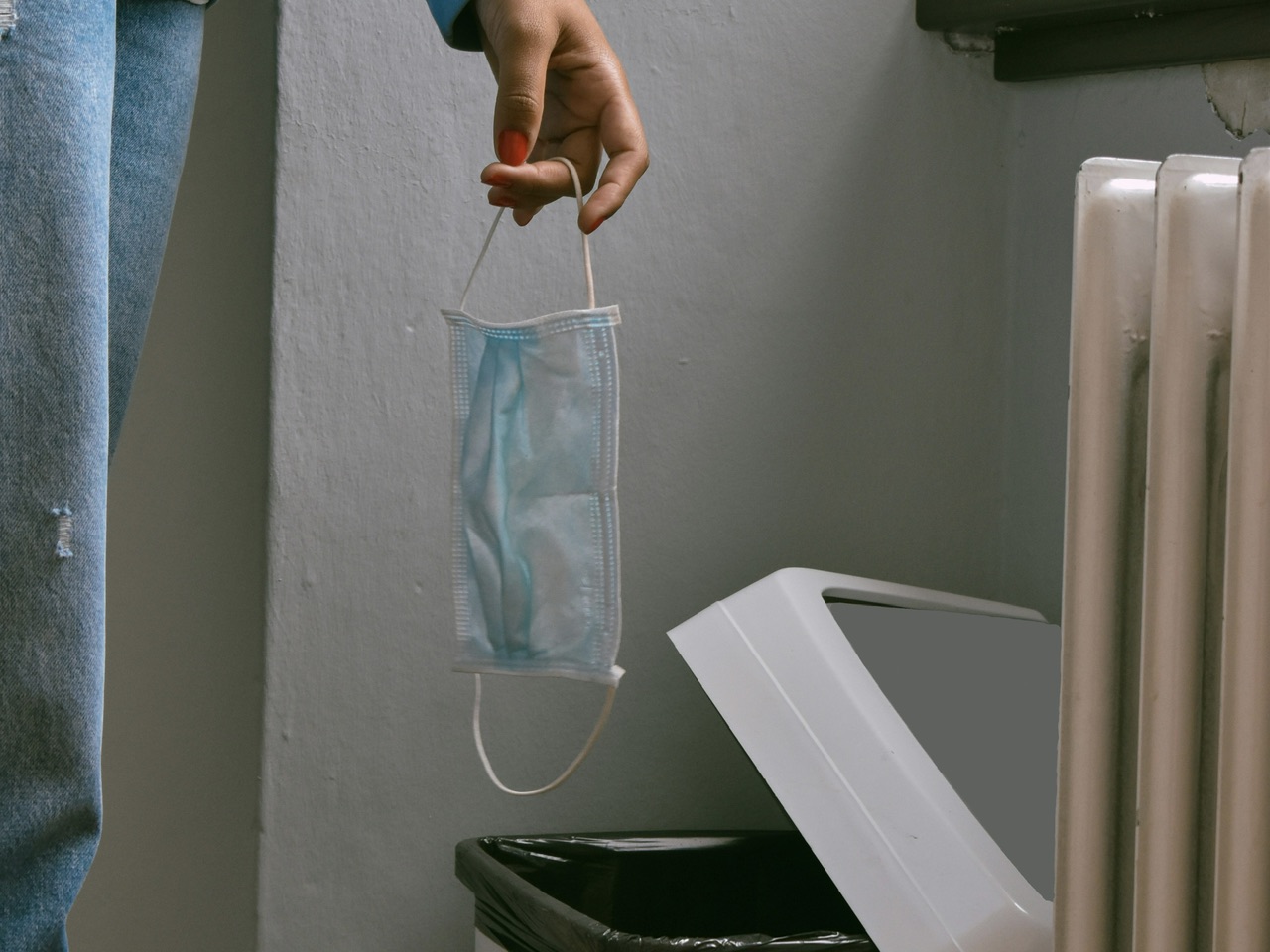Over the past year or two, I’ve started feeling something strange. I’ve felt a twinge of nostalgia for 2020.
Let’s be perfectly clear: the pandemic was a bad time, and I hope we never experience anything like it again. COVID-19 took many lives and had a deep impact on many communities, and it’s not something I’d ever hope to repeat.
Yet, while the world sat at home in isolation, it’s hard not to notice that it somehow brought people together more than ever before.
Indeed, during the early days of the pandemic, there were several unifying factors keeping society bridged together. While it was a scary time for everyone, the fear was something we could share with each other.
I fondly recall standing outside of Best Buy one afternoon in a long line with strangers waiting to enter the store, with six feet separating each customer. While we may have been physically distant, however, we bonded over a conversation about the pandemic, the state of our society and our collective future. It was a strange type of connection that wouldn’t have occurred otherwise — a moment where we had something to share with each other, even if it was about a difficult topic. It was a conversation between people that knew nothing about each other, but wanted to chat anyway.
Even on social media, people always had something to connect over. Whether it was reacting to the latest news about the pandemic, laughing at memes about how awful the new decade was turning out to be or collectively cringing at viral videos of people fighting over toilet paper, there was always something to talk about.
As I got increasingly bored sitting at home, I became more appreciative of every opportunity to leave the house. For the first time in my life, I started taking daily walks, going outside to enjoy the breeze and enjoy long phone conversations with loved ones. These conversations weren’t about any exciting topic in particular; they were simply opportunities to chat and enjoy each other’s company — even if it was completely virtual.
Looking back, I realize that those moments are easy to take for granted when you can freely visit whoever you want at any time. Having that freedom stripped away made me better appreciate the time I spent talking to friends and family, allowing me to connect with them over seemingly insignificant conversations.
My craving of social interaction led me to enjoy online experiences with friends I hadn’t chatted with in a long time and find creative workarounds to spend time together. I recall several fun nights of playing Animal Crossing: New Horizons online with friends, playing games like hide-and-seek as we explored each other’s virtual islands. I played with friends I hadn’t connected with since high school and created new memories with them that wouldn’t have existed otherwise.
Being trapped indoors allowed me to better appreciate other parts of daily life, too. After a month of staying inside, the clouds seemed fluffier than ever before, and the outdoor breeze was soothing whenever I got to enjoy it. These are usually small pleasures, difficult to notice as I go about my regular lifestyle — but suddenly, they had become the highlights of my day.
While the pandemic tore us apart physically, it somehow felt like people were more connected than they’d ever been before. Being stripped of my daily freedoms allowed me to better appreciate the aspects of life that I took for granted and made every moment of connection even more joyous.
I wouldn’t ever want to repeat 2020, but I’ll be honest: there’s a part of me that will always look back at it fondly.

